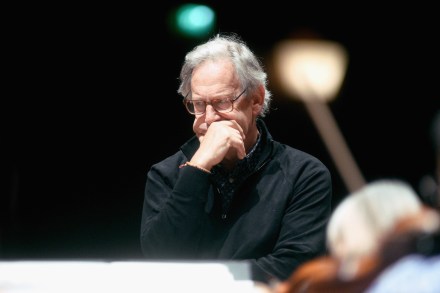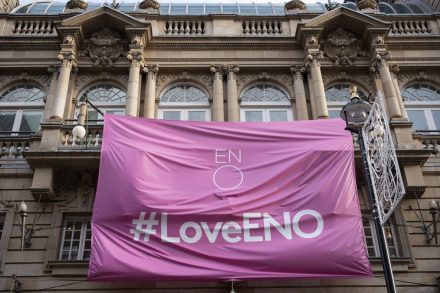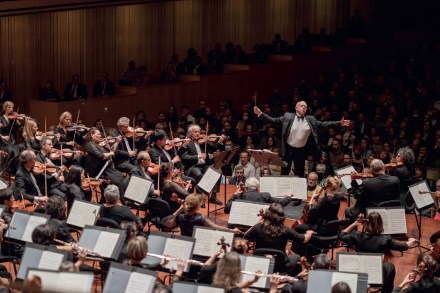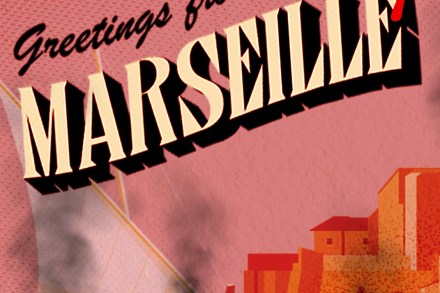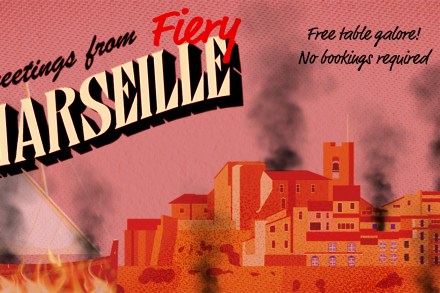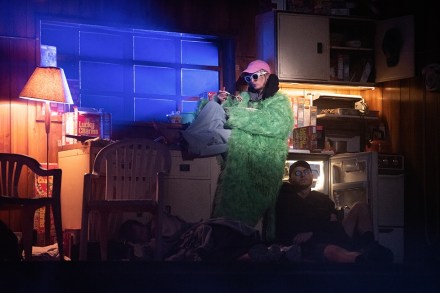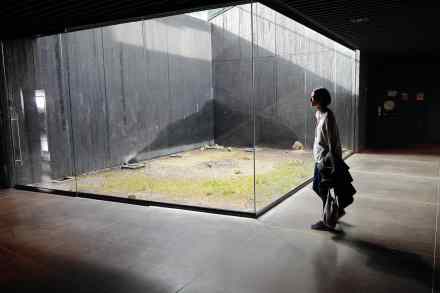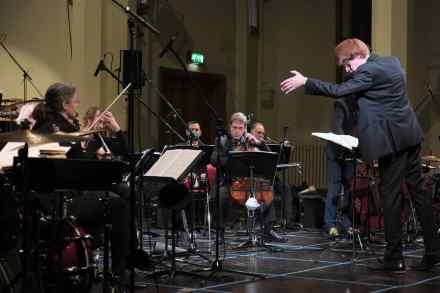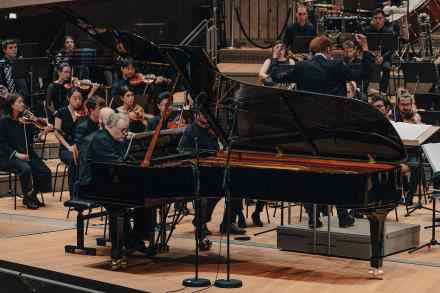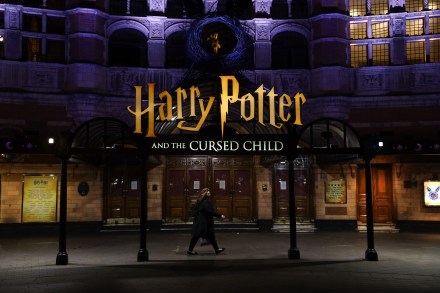Dismantle the maestro myth and classical music will suffer
The news that conductor John Eliot Gardiner is thin-skinned, ill-mannered and thuggish should not be news to anyone. Or not to any Spectator readers anyway. ‘What, one wonders, will John Eliot Gardiner be chiefly remembered for?’ wrote Stephen Walsh in October 2013. ‘Perhaps, by many who have worked with him, for his notorious rudeness to
